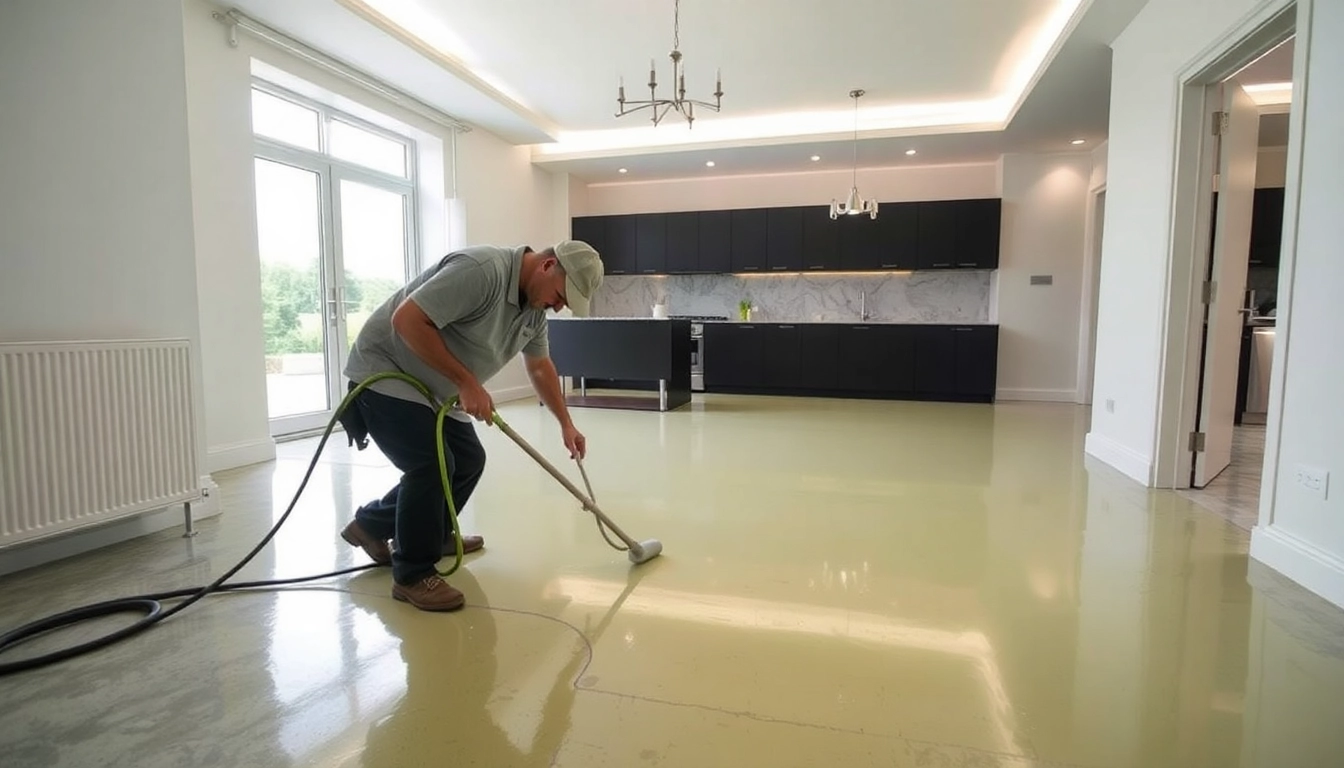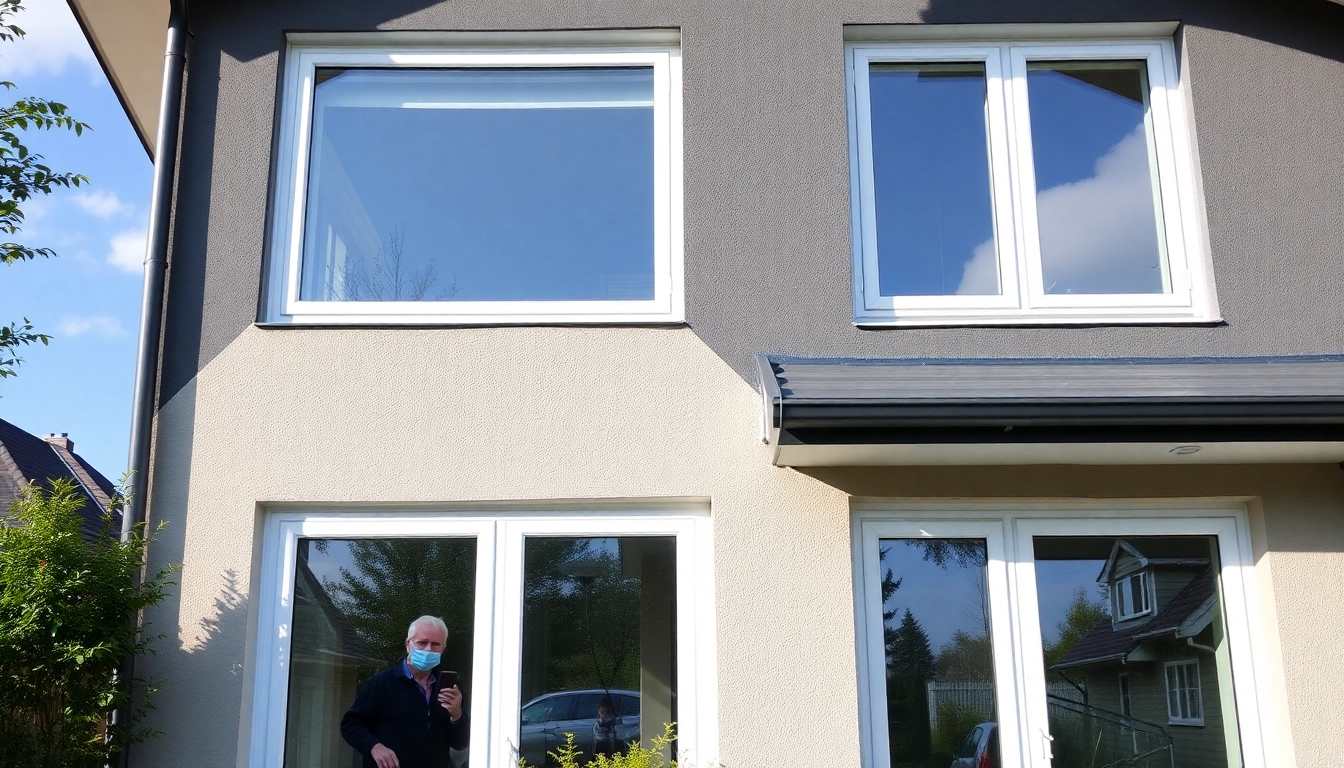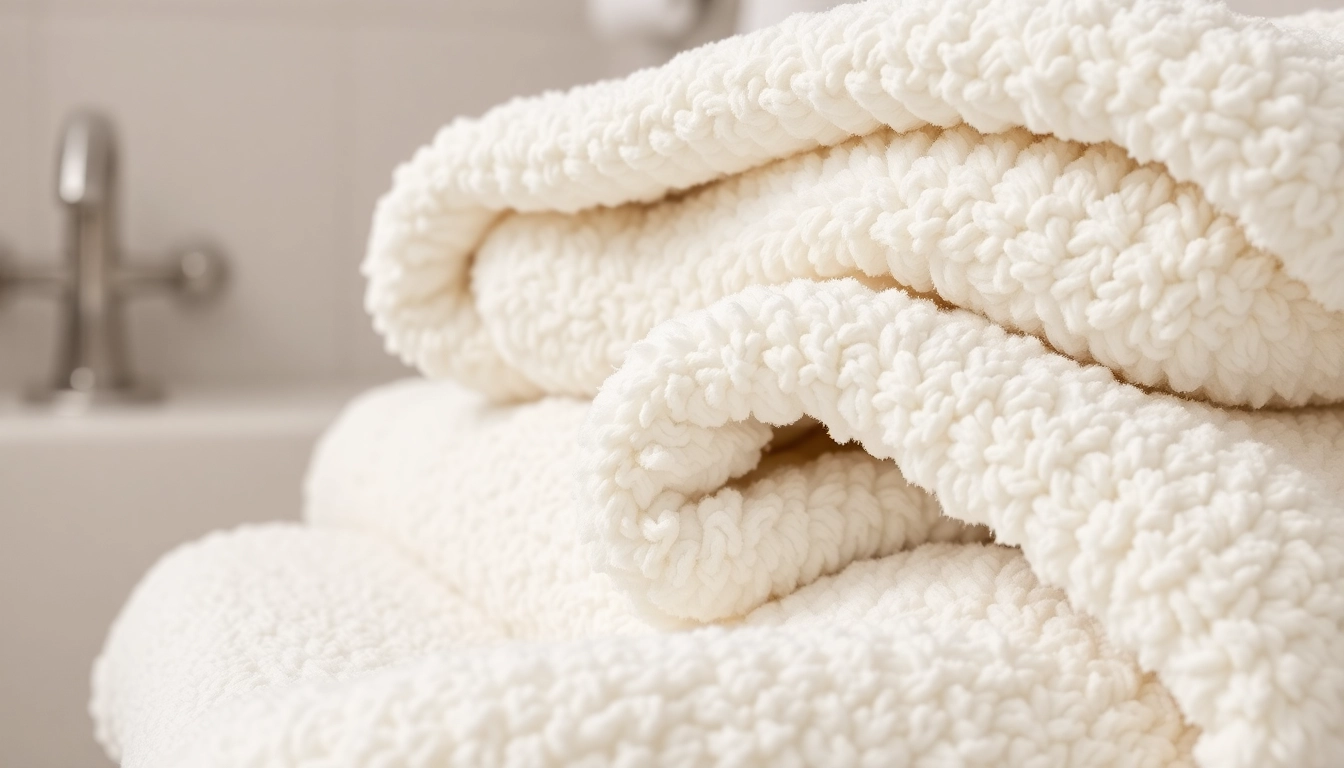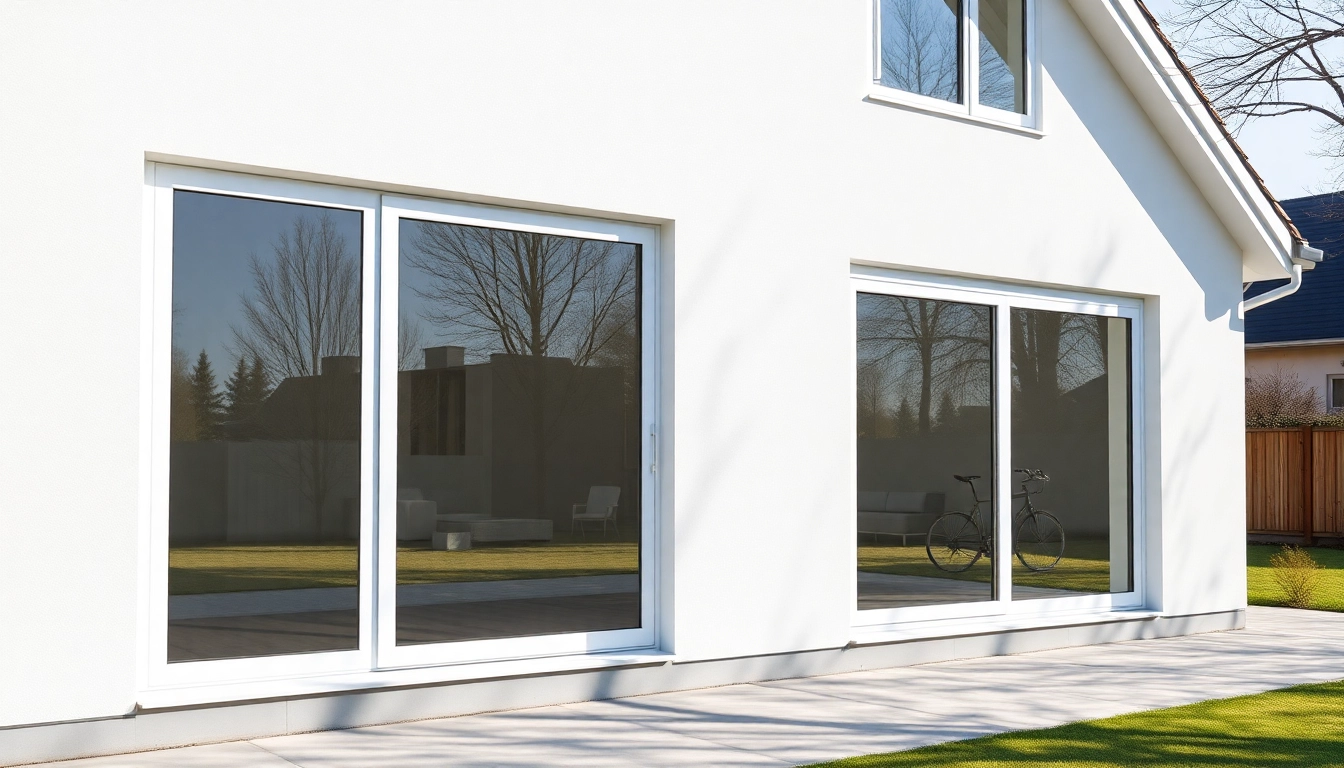Understanding Liquid Screeding and Its Benefits in Birmingham
In the realm of modern construction and refurbishment projects across Birmingham, liquid screeding has emerged as a game-changing solution for achieving smooth, durable, and high-quality flooring. Unlike traditional sand and cement screeds, liquid screed offers a rapid, precise, and often more cost-effective way to prepare floors for a variety of finishes. If you’re planning a new build or a renovation in Birmingham, understanding the nuances of liquid screeding can help you make informed decisions, ensuring your project’s success. For comprehensive options and expert advice, explore Liquid screeding Birmingham to find trusted local specialists.
What is liquid screeding and how does it differ from traditional methods?
Liquid screeding is a flowable, self-leveling floor layer made from a mixture of cement, water, and often fine aggregates, enhanced with additives to improve flowability and setting properties. Its consistency allows it to be pumped or poured directly onto prepared subfloors, creating an even, high-quality surface suitable for underfloor heating or direct finishing. In contrast, conventional screeds typically involve manually spreading and leveling dry mixes, which are then left to cure over time. This manual process is more prone to unevenness and delays, whereas liquid screed’s pumpable nature ensures uniform thickness and minimizes labour time.
Additionally, modern liquid screeds incorporate advanced admixtures that accelerate drying, improve strength, and enhance thermal conductivity, making them particularly suitable for underfloor heating systems commonly installed in Birmingham homes and commercial properties.
Key advantages of liquid screeding for Birmingham properties
- Rapid installation and drying: Liquid screed can be poured and levelled quickly, often allowing for flooring installation within a few days. Enhanced formulations mean it dries faster, reducing project timelines.
- High precision and flatness: The self-leveling properties produce an exceptionally smooth surface, which reduces subsequent finishing costs and time. This is crucial for modern spaces demanding flawless finishes.
- Excellent thermal conductivity: Its ability to conduct heat effectively makes liquid screed ideal for underfloor heating systems, ensuring quick and efficient heat distribution—perfect for Birmingham’s climate-conscious building projects.
- Versatility: Suitable for both residential and commercial applications, liquid screed adapts well to various substrates, including concrete, timber, and existing floors, facilitating refurbishment and new constructions alike.
- Reduced labour costs: With its pumpability and quick curing, fewer skilled workers are needed during installation, leading to cost efficiencies for builders and contractors in Birmingham.
Common applications in residential and commercial projects
Liquid screeding is increasingly popular across Birmingham for several types of projects:
- New-build housing developments: Ensuring rapid, high-quality floor finishes that accommodate underfloor heating systems and rapid occupancy timelines.
- Refurbishments and extensions: Providing an even base for modern flooring such as laminate, engineered wood, or tiles on existing structures.
- Commercial spaces: Warehouses, retail outlets, and offices benefit from liquid screed’s speed and flatness, which facilitate quick flooring installation and minimal disruption.
- Industrial facilities: Heavy-duty applications requiring robust, level surfaces that withstand substantial loads and extensive foot traffic.
In Birmingham’s competitive construction landscape, the adaptability and efficiency of liquid screed make it a preferred choice for diverse projects aiming for durability and aesthetic excellence.
Choosing the Right Liquid Screeding Contractor in Birmingham
Factors to consider when selecting a professional screeding service
Selecting a reliable and experienced contractor is critical to the success of your flooring project. Key factors include:
- Experience and reputation: Prioritize contractors who have a proven track record in Birmingham, with references and case studies showcasing successful projects.
- Range of services: Ensure they offer comprehensive solutions, including substrate preparation, pouring, curing, and finishing.
- Equipment and technology: Modern pump systems and quality admixtures guarantee consistent results and efficiency.
- Compliance with standards: Confirm adherence to industry standards such as BS EN 13813 and any local regulations in Birmingham.
- Customer support and warranties: Professional aftercare and guarantees indicate confidence in the quality of work performed.
Questions to ask potential contractors about their experience and equipment
To ensure you hire the best, consider asking the following:
- How many years of experience do you have specifically with liquid screeding in Birmingham?
- Can you provide references or testimonials from local clients?
- What type of pump and mixing equipment do you use?
- Are your operatives certified and trained in the latest screeding techniques?
- What are your typical project timelines and drying times?
- Do you provide warranties or post-installation support?
Certifications and standards ensuring quality and safety
In Birmingham, reputable contractors comply with national and European standards that guarantee safety, durability, and environmental considerations. Look for certifications such as:
- ISO 9001 Quality Management Certification
- Constructionline accreditation
- Training certificates for operative qualification
- Compliance with BS EN 13813 (Floor Screed Materials and Screed Layers)
Engaging contractors with these credentials ensures your project adheres to rigorous quality benchmarks, reducing risks and future maintenance costs.
Installation Process and Best Practices for Liquid Screeding
Step-by-step overview of the screeding workflow
The typical installation of liquid screed involves several carefully executed stages:
- Site assessment and preparation: Clearing and leveling the substrate, ensuring it’s clean, dry, and artfully prepared to receive the screed.
- Substrate treatment: Applying bonding agents or primers if necessary to enhance adhesion.
- Mixing: Precise blending of the liquid screed components using state-of-the-art mixers to achieve uniform flowability.
- Pouring and pumping: Using high-quality pump systems to deposit the screed evenly across the floor area.
- Spreading and levelling: Raking or trowelling to achieve the specified thickness and surface finish.
- Curing: Managing environmental conditions to promote optimal setting, using coverings or curing compounds if needed.
Preparation, mixing, pouring, and curing guidelines
Each phase demands meticulous attention to detail:
- Preparation: Remove debris, static moisture, and ensure substrate stability. In Birmingham’s variable climate, insulation and moisture barriers may be necessary.
- Mixing: Follow manufacturer specifications for water-cement ratios, admixtures, and pump calibration to ensure consistency and workability.
- Pouring: Conduct in manageable sections, avoiding delays that could cause segregation or premature setting.
- Curing: Implement controlled curing environments—using coverings, fans, or heaters—to prevent cracks and ensure strength development.
How to ensure optimal performance and long-term durability in Birmingham climates
Given Birmingham’s temperate maritime climate, preventive measures are essential:
- Proper insulation beneath the screed to minimize temperature fluctuations that cause cracks.
- Using fast-drying formulations to reduce exposure to moisture during the curing phase.
- Ensuring adequate curing time before applying finishes or underfloor heating systems.
- Regular inspections during the initial months to detect and rectify any issues early.
Cost Considerations and Project Planning in Birmingham
Budgeting for liquid screeding projects in Birmingham
While the cost of liquid screeding varies based on project size, complexity, and specifications, typical rates range from £15 to £25 per square metre within Birmingham. Factors influencing costs include substrate condition, thickness requirements, and added features like underfloor heating integration. It’s essential to obtain detailed quotes from multiple local providers, considering both material and labour costs, to ensure transparent budgeting.
Timeline management for timely project completion
Successful projects hinge on precise scheduling. Liquid screed installation usually requires a window of 24-48 hours for pouring, followed by curing periods that can range from several days to a week, depending on formulations. Effective coordination between site preparation, delivery, and curing phases minimizes delays. Birmingham’s contractors often use project management tools to keep timelines on track, ensuring your floors are ready for final finishes promptly.
Value-added services and warranties offered by top providers
Leading contractors in Birmingham often include comprehensive warranties, typically spanning 10-15 years, covering cracking and structural integrity. Additional value comes from services like moisture testing, surface finishing advice, and post-installation inspections. Investing in reputable providers ensures longevity and peace of mind for your flooring installation.
Performance Metrics and Maintenance for Liquid Screeded Floors
How to assess the quality of the finished screed
Evaluating a successful screed installation involves several key indicators:
- Surface Flatness: Using a straightedge or laser levels to check for deviations—ideally within 3mm over 2 metres.
- Crack-Free Appearance: Absence of surface cracks indicates proper curing and substrate stability.
- Uniform Colour and Texture: Consistent appearance suggests thorough mixing and application.
- Resistance to Movement: Light pressure should not cause surface indentations or lifting.
Common issues and troubleshooting tips
Minor problems can arise, but early intervention prevents costly repairs:
- Cracking: Typically caused by rapid drying or substrate movement. Solution: proper curing and joint control.
- Delamination or peeling: Often due to poor adhesion. Solution: ensure substrate prep and bonding agents are correctly applied.
- Uneven surfaces: Result from improper levelling or mixing. Solution: employ skilled operatives and quality control procedures.
Maintenance tips to prolong the lifespan of your floors
To keep your liquid screeded floors in optimal condition:
- Control foot traffic and avoid excessive moisture exposure during the initial curing phase.
- Use protective pads under furniture to prevent scratches or indentations.
- Regular cleaning with appropriate, non-abrasive products maintains surface integrity.
- Schedule periodic inspections, especially in high-traffic or industrial settings, to identify early signs of wear.



